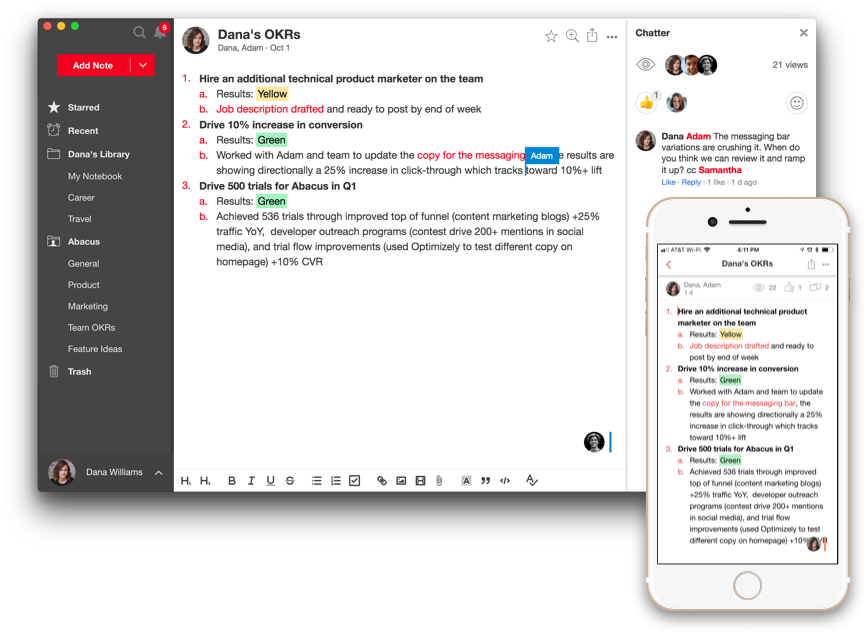How to Create an Agency Business Plan

Whether you're revisiting your existing business or just getting started, an agency business plan can be a vital document that helps focus and prioritize your work against your goals. It's often helpful to think about this as a living document rather than a static one; instead of creating one masterpiece in an afternoon or week of thinking, think of your business plan as a starting point based on the information that you have today. When the situation changes, you can always revisit and revise.
What goes into an agency business plan?
Definition of the target market
The business plan should clearly define who will you be selling to. While there may be a larger and more diverse group of customers that are potentially interested in your services, what does the ideal customer look like? The tighter and more defined you can get this initial customer definition the better.
Pain point you're solving
For the target market that you're addressing, what is the pain point that you're addressing for them? How are they solving it today? The more you can understand about the way your clients work today, the better off you will be in developing proposals and messaging that resonate with their pain.
Industry landscape
How are your customers solving the pain that they are experiencing today through existing tools or other agencies selling similar services? How successful is the market today?
Revenue plan
You want to start putting together some basic numbers to understand how you want your business to run. If you're early, you can really think about this as an estimate and forecast. For established businesses or agencies that want to expand, this is an exercise that can help you evaluate your existing business. Your business plan should address questions such as:
- What are your revenue targets?
- How many clients do you have or plan to have?
- How much does it cost to acquire a customer?
- How much will it cost to sell to them?
- Are you planning to take on a new business loan?
- Are you planning to hire?
Tips for writing an effective business plan for your agency
Brief and to the point
The basics of putting together a successful business plan require a deep understanding of the audience and customer that you're targeting. Rather than focusing on creating a long, complex, and over-involved document, focus on clarity and crispness against a few key ideas. This ensures that you're not losing the trees in the forest, and also makes it easy for you to share with others to get your point across.
Realistic and honest
Putting together a business plan for your agency should be an exercise of realism and honesty. The biggest mistake you can make is putting together an overly optimistic plan without a basis in numbers or reality. Make sure your business plan demonstrates how you'll differentiate, and if there's uncertainty, include financials with worst case scenarios and positive case scenarios so you can prepare for what happens if things go wrong. This is because you can set yourself up for failure
Evolves with new information
While the business plan is the starting point, new information emerges as you test your ideas and you learn from your customers. It's not set in stone. Successful agencies will treat their business plans as a starting off point, and continue to edit and evolve to test their core assumptions as they grow their business.
Tailored to the audience
Who are you writing this business plan for? If you're looking at a business plan with the intention fo bringing on a partner and investor, you might be writing it very differently than something that you want to use as a way to share your vision and philosophy with employees. Or, even as a business plan that you want to show to prospective employees to gauge their interest in your idea. Tailor your business plan to the audience's needs first, so you're getting the right information and message across.
Notejoy makes managing your agency easy
Notejoy makes it fast and easy to get your team on the same page and manage clients with its powerful and easy to use product.

- Real-Time Collaboration - As a cloud-based solution, Notejoy allows you to share your goals with internal and external collaborators. Leverage Notejoy not just for internal policies and wikis, but also for sharing information with clients.
- Always in Sync - Rather than managing different versions of agendas or multiple threads of conversation, Notejoy allows the entire team to always see agendas including changes and discussions at the same time.
- Keep Documents in One Searchable Place - have one place to keep track of and maintain one system of record for your team's plans and documents. Manage who has access to what information, and enable team members old and new to search across past and current goals.
Get started with Notejoy for free